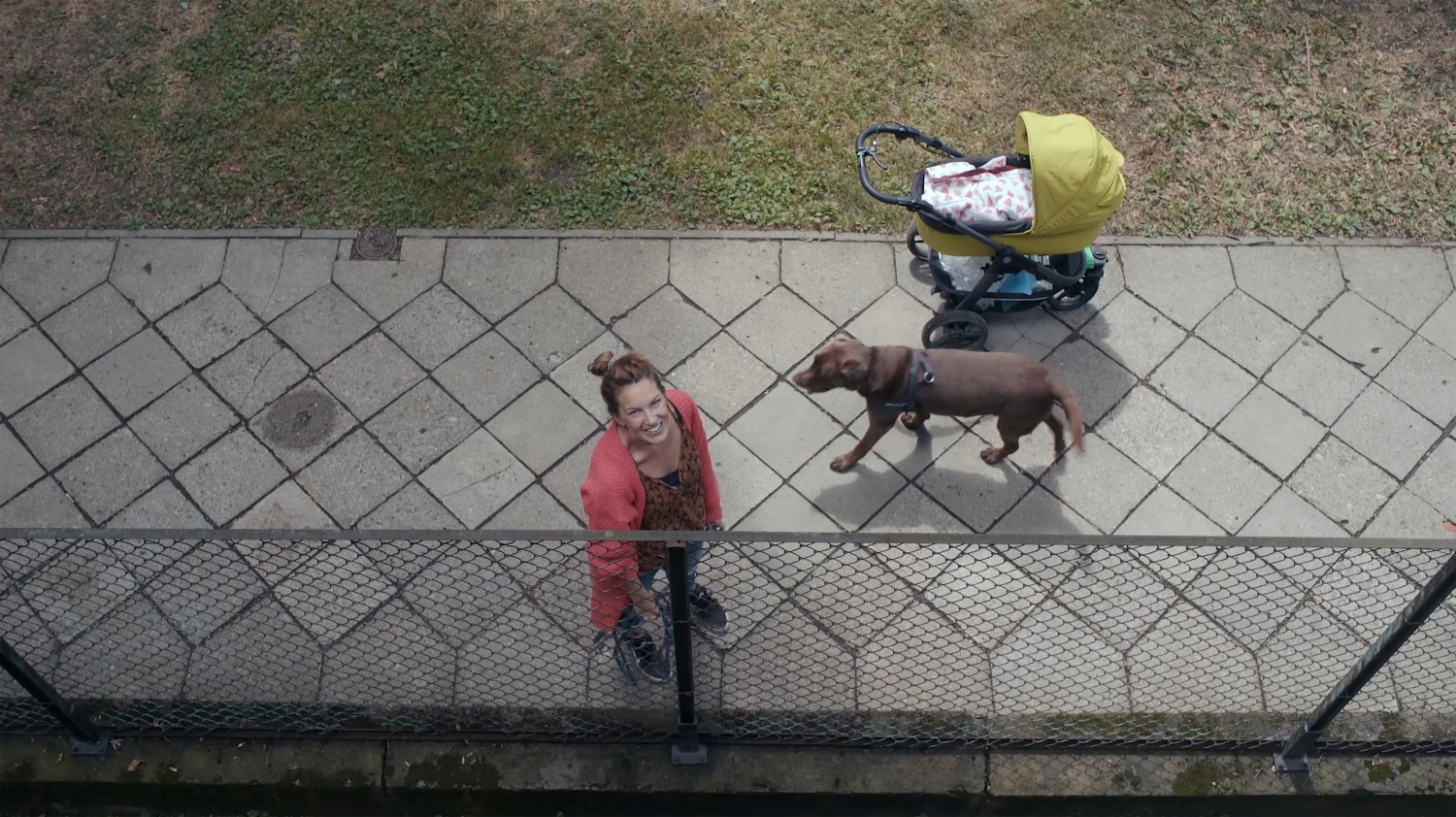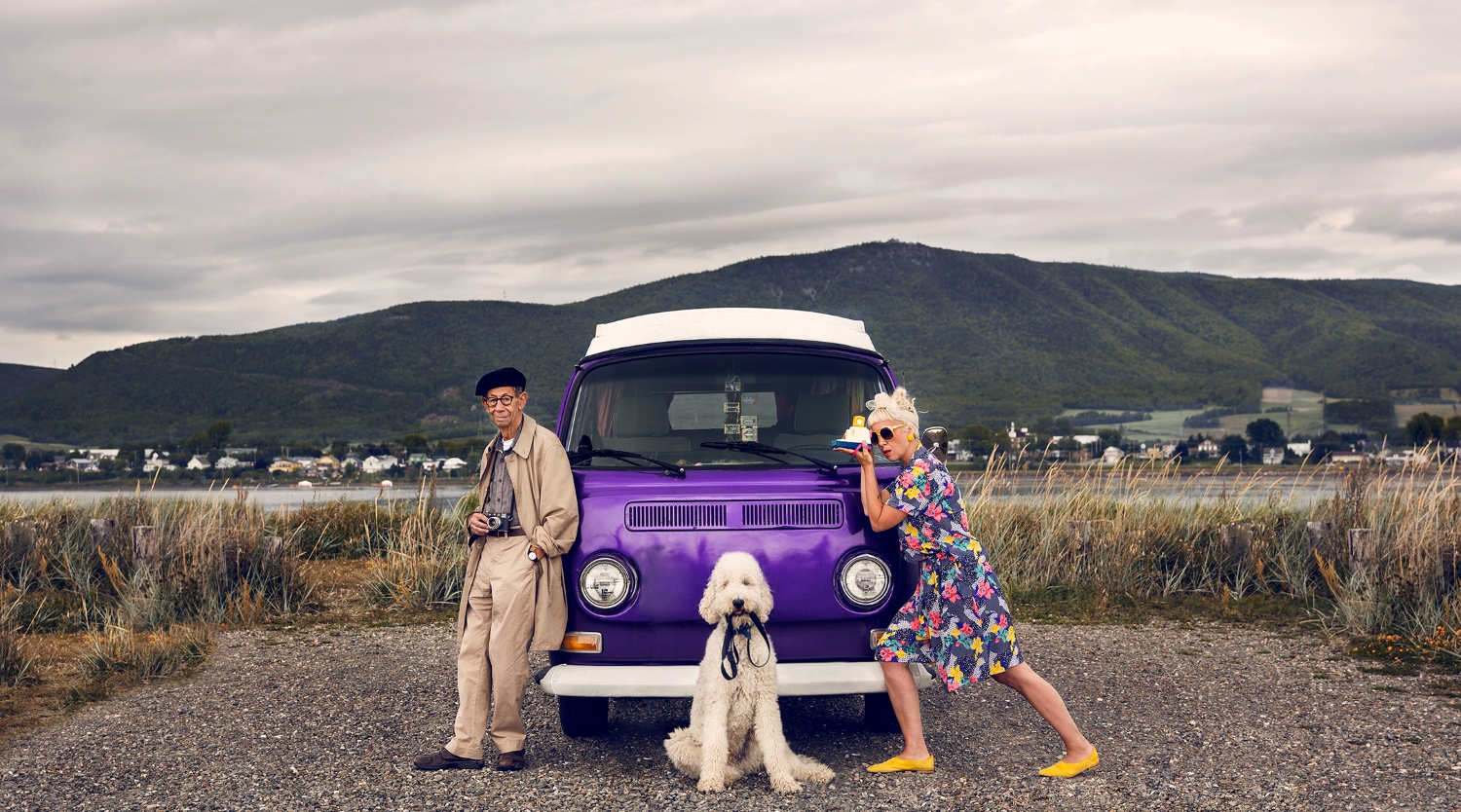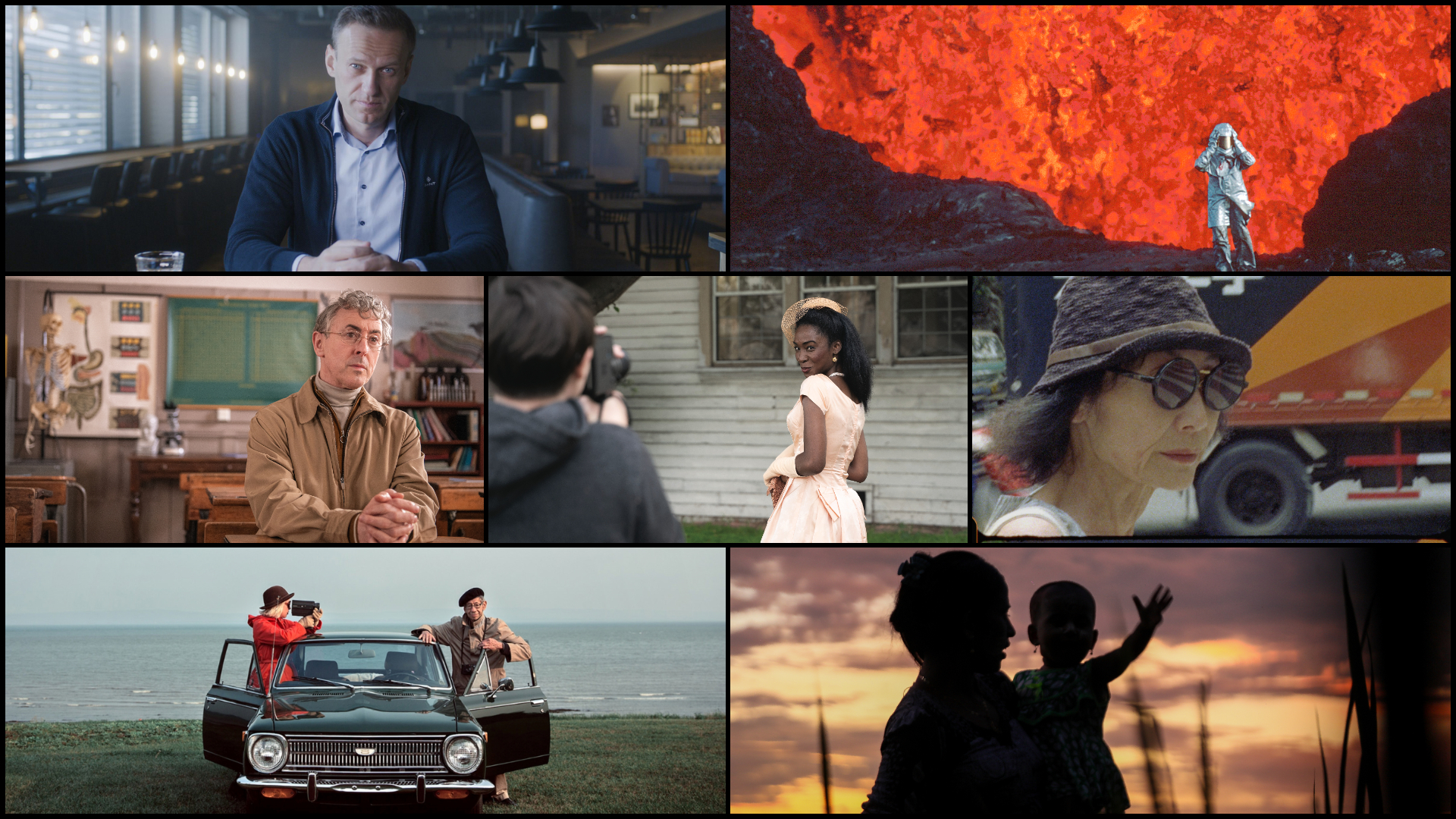As all eye watch Ukraine, Hot Docs audiences can survey the state of the world in The Changing Face of Europe, a partnership between Hot Docs and European Film Promotion (EFP), now in its fifth year, which spotlights diverse European stories.
The programme features 10 docs drawn from EFP’s longlist submitted to Hot Docs. In some cases, these films might have been submitted independently to the festival, while others were already on programmers’ radars and others are completely new discoveries. Hot Docs Senior International programmer Myrocia Watamaniuk comments, “I take the temperature of what these different geopolitical cultural representatives say about their country. I look for issues that a North American audience might not be of aware of as particularly significant to the EU.”
Audiences absorbed by the war in Ukraine will find two docs especially striking. Ireland’s Atomic Hope: Inside the Pro-Nuclear Movement offers a provocative debate between nuclear energy advocates and activists who see Chernobyl as a cautionary tale. Watamaniuk, who is Ukrainian and has family there, says the film was considered well before Russia invaded on February 24. The war in Ukraine clearly amplifies the urgency of the film. “I have a responsibility to say, ‘look at the way it’s being packaged and sold, and let’s start this conversation,’” says Watamaniuk. “It makes it all the more significant to get that discussion going.” Read more about Atomic Hope in our interview with director Frankie Fenton.
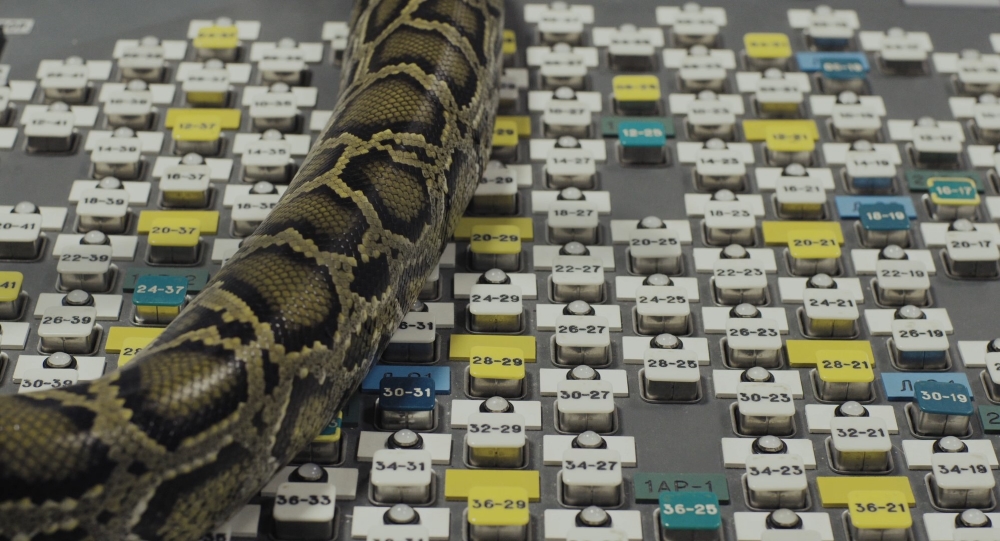
Meanwhile, the fallout of nuclear energy is explored in the Lithuanian-Norwegian feature Burial. The camera slithers through Chernobyl’s sister, Lithuania’s Ignalina nuclear power plant, like a snake in this experimental work. Evocative footage of the decommissioned plant transports audiences to a truly haunted place. “This is still a huge issue in part of the world, and it doesn’t have the best track record for looking after environmental poisoning,” says Watamaniuk. Burial ends with a poignant title card, “We stand with Ukraine.”
With co-production fostering new voices in underdeveloped film scenes, Watamaniuk says they consider majority and minority players. For example, the 2022 line-up features two French films: the France-Belgium co-pro Crotch Stories, an animated study of womanhood by French filmmaker Myleine Guiard-Schmid, and Sean Wang’s A Marble Travelogue, co-produced by the Netherlands, Hong Kong, France, and Greece. “I take the temperature of what these different geopolitical cultural representatives say about their country and their country’s place in the EU,” observes Watamaniuk. “I look for issues that a North American audience might not be of aware of as particularly significant to the EU, or maybe they don’t realize that it’s a shared political issue.”
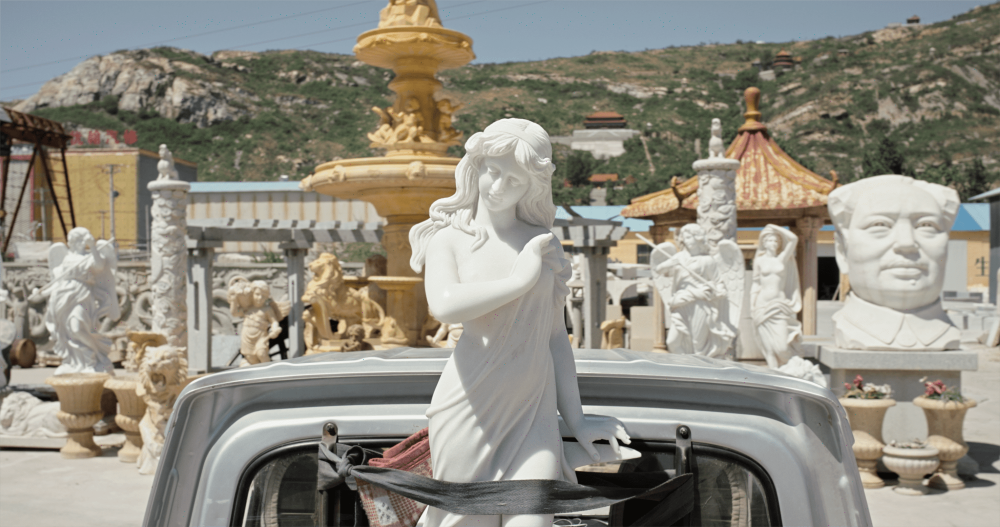
Economic and environmental concern fuels A Marble Travelogue. The co-production examines the relationship between the Greek economy and the Chinese tourists (and their carbon footprints) who fuel it. The unconventional road movie follows a marble slab from Greece to China and back again as Sean Wang traces the stone’s journey from raw material to cheap souvenir. “Not many people realize that China invested so heavily in Greece after the economy collapsed, for its own opportunistic reasons,” says Watamaniuk. “This pairing of a superpower and a struggling, artisanal-paced economy trying to broker a relationship with China is really interesting.” Similarly, the German doc Nasim considers the pace of life for an Afghan family in Greece’s largest refugee camp as they seek asylum. By observing one family, the film captures a global crisis that extends beyond the borders of a single nation or continent.
While some docs look outward, others consider the state of European geopolitics by looking inward. Croatia’s Bigger than Trauma gives voice to survivors of sexual violence inflicted during the country’s civil war. “Rape and sex crimes committed during war is still an unaddressed issue when it comes to international justice,” notes Watamaniuk. “The women themselves seemed so affected and you could see certain realizations happening to them on camera, which I found very significant.” The film’s observational style intimately observes as the women expose their wounds to heal collectively.
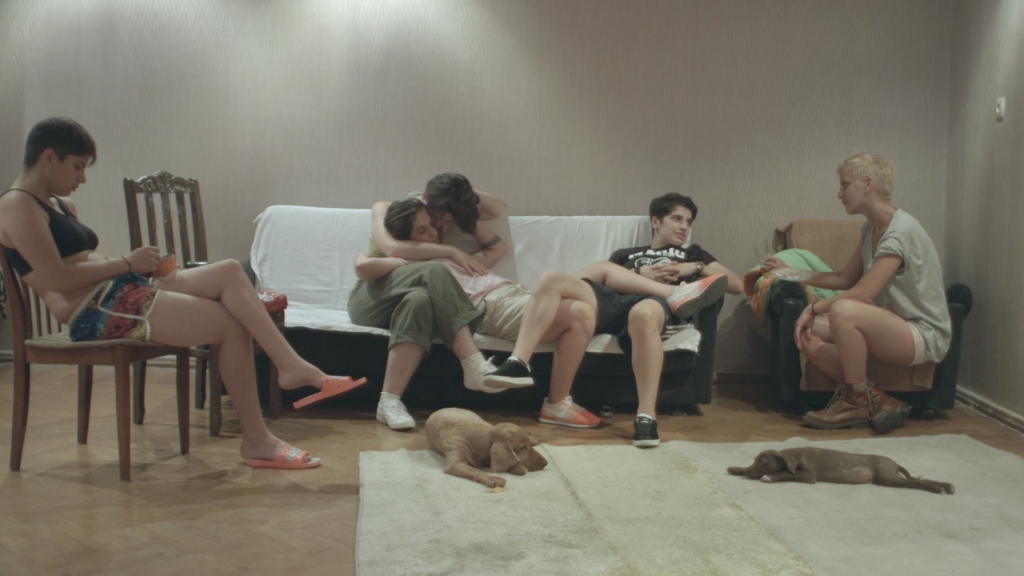
Similarly, Georgia’s How the Room Felt by Ketevan Kapanadze enters a space shared by women and non-binary players of a soccer club. It eschews homophobic rhetoric and lives almost exclusively within the interiors that offer safe spaces for queer people. “When I watched that film, I felt a new artist at work,” says Watamaniuk. “I felt a very specific attempt to show something that doesn’t get seen—how people live comfortably and achieve freedom for themselves.” Docs like How the Room Felt intimately connect the personal and the political, as does the Finnish doc Just Animals in which a filmmaker reflects upon her ability to inspire change as an animal-rights activist.
A personal frame invites collective identification in Poland’s The Balcony Movie, which observes the COVID-19 pandemic from director Paweł Łoziński’s balcony. Looking out at the street, like so many of us, he searches for connections. Audiences facing COVID fatigue needn’t worry. The doc refreshingly captures the pandemic with cinematic rigour. “Here is a Polish master filmmaker who looked at the limitations of being locked down,” says Watamaniuk. “Only in COVID times would you have the opportunity to show this. It’s a Polish master filmmaker, but it didn’t have to be in Poland. Those stories were happening everywhere.” The Balcony Movie, like the other docs in The Changing Face of Europe, illustrates how universal tales can literally unfold in one’s own backyard.
Hot Docs runs April 28 to May 8.
Stay tuned for more reviews and filmmaker interviews from The Changing Face of Europe throughout the festival.
This article was sponsored by European Film Promotion.




